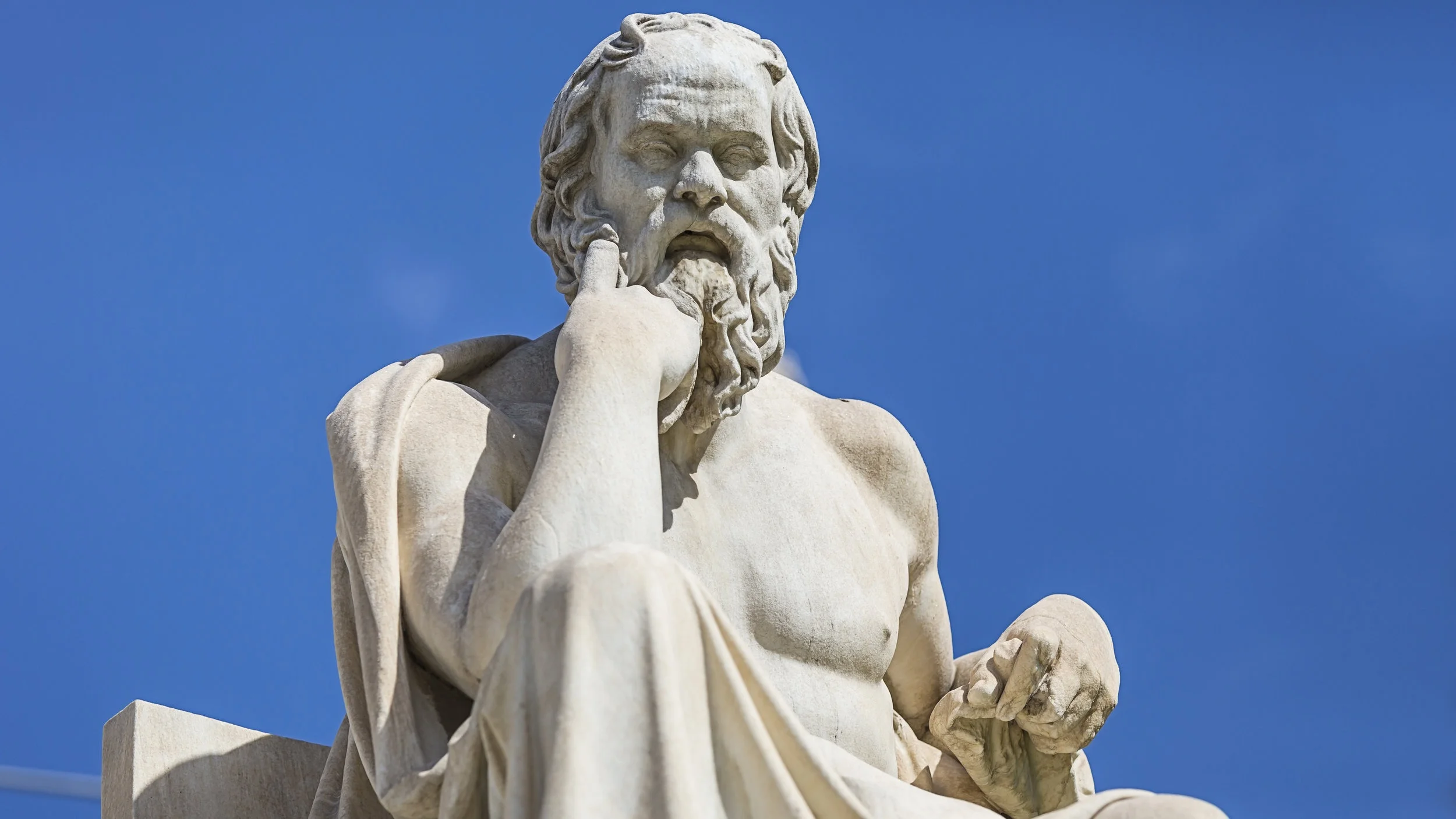A Philosophy of Life
Psychology, like all the sciences, started as a branch of Philosophy. Philosophers were merely people who dared to ask the big questions and bold enough to come up with some answers. The philosophers of classical civilizations, such as the Greeks and Romans, were mainly concerned with the proper way to live a good life. Unlike the view most people have of philosophers as boring egg heads sitting in ivory towers, ancient philosophers were mostly pragmatic and methodical in their approach. They observed the natural world and man's place in it to formulate ways of living that would lead to peace and prosperity for both individuals and society.
Socrates and his followers, Plato and Aristotle, theorized about topics such as pleasure, pain, knowledge, motivation and rationality, topics that are still studied by psychologists today. The Roman Stoics such as Epictetus, Seneca, and Marcus Aurelius, wrote about the nature of the mind including the importance of perceptions, rational thinking, and self-reflection. The Stoics also understood the link between thoughts, actions, and emotions, which forms the basis of modern Cognitive Behavioural Therapy (CBT). I think it's clear that these great thinkers knew the key to living a happy life was understanding how the mind works and interacts with the emotions, body and external environment.
Whether we are aware of it or not we all have a philosophy of life. It is like an operating system for our lives and effects all our perceptions and actions. Most people inherit a piecemeal philosophy of life from various sources including parents, teachers, the media and popular culture. This can be problematic, as it often produces conflicting internalized values. In our modern secular culture, which focuses on moral relativism, emotionalism, and consumerism, we are told that right and wrong don't exist and that we should always follow our feelings ( i.e., do what feels good). There is also the ever pervasive message that our happiness equates to our level of material wealth. These messages are beamed directly into our brains through our smartphones, televisions and computers via the news, movies, TV shows and social media.
Wouldn't it make more sense to consciously choose our philosophy of life instead of just unconsciously adopting a fragmented and logically inconsistent one? There are a few key things to take into consideration when doing this. These include, but are not limited to:
Does the philosophy resonate with the values you desire to possess, the values you admire in others?
Do the practical exercises that form part of the philosophy fit your personal temperament and lifestyle?
Does the philosophy integrate with your current spiritual beliefs and/or practices?
Are the teachings of the philosophy practical and applicable to your everyday life? Will they make your life better than it currently is?
One example of these considerations in practice, from my own experience, occurred during my time training in the martial arts. I was attracted to Zen Buddhism because it offered the peace of mind and mental focus, I found desirable. What I found while practicing meditation, however, was that I struggled to ‘empty my mind.' My analytical mind couldn't stop analyzing my experiences during meditation. After a while, I accepted this inherent limitation and decided to find a philosophy that was more suited to my overactive mind. This led me to the study of ancient Greek and Roman philosophies, which formed the starting point for all western philosophical thought, including sciences such as Physics, Psychology, and Biology.
So, what is an article about philosophy doing on a psychology practice's website I hear you ask? Well, the way I see it, having a clearly defined philosophy of life is vital for good general mental health. It can bring order to our thoughts and provide guidance when life presents us with problems. It's also comforting to know that pretty much every issue we face in our lives has been experienced by many other people throughout history. Some of these people were switched on and did us the courtesy of writing down how they perceived and dealt with their experiences.
Practical philosophy is designed to help us develop better control of our thoughts, emotions, and actions. These are also fundamental goals for psychological assessment and therapeutic intervention.

